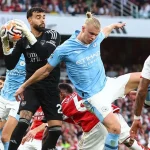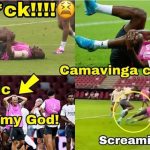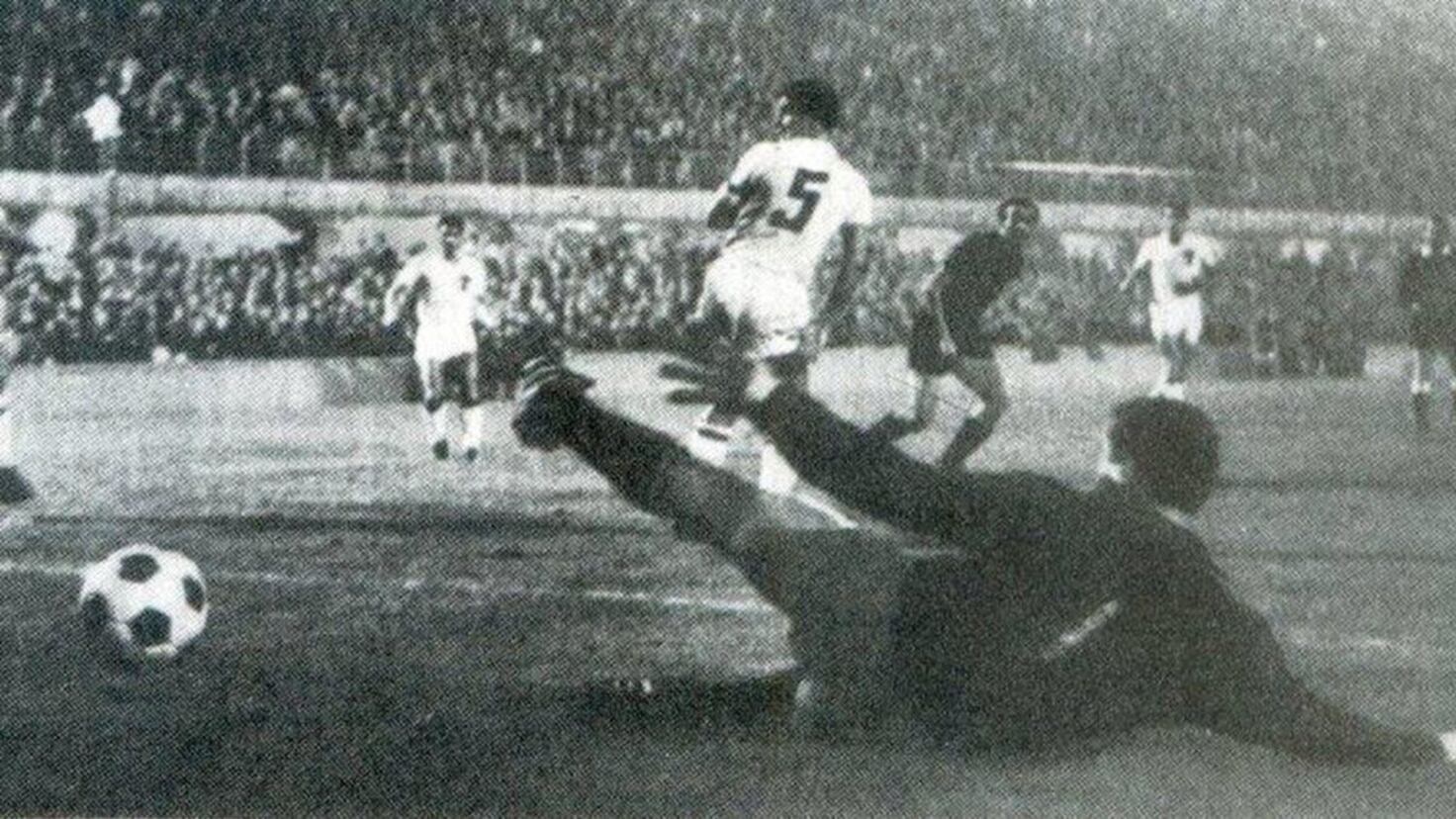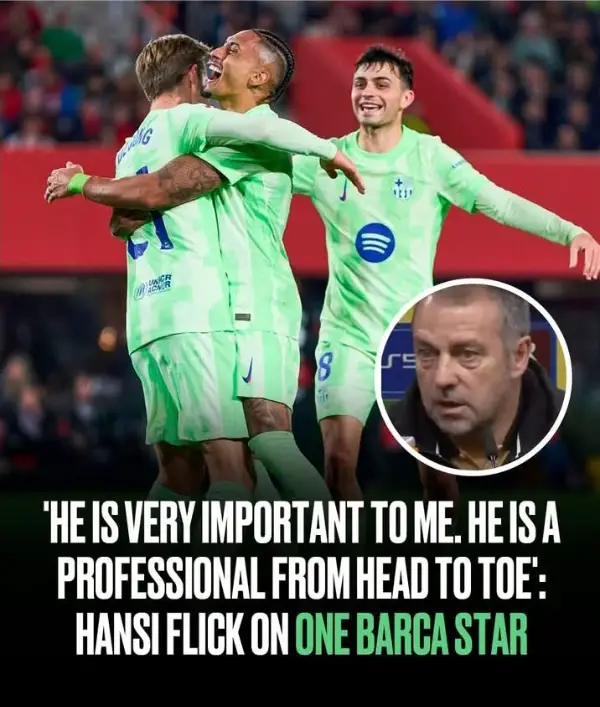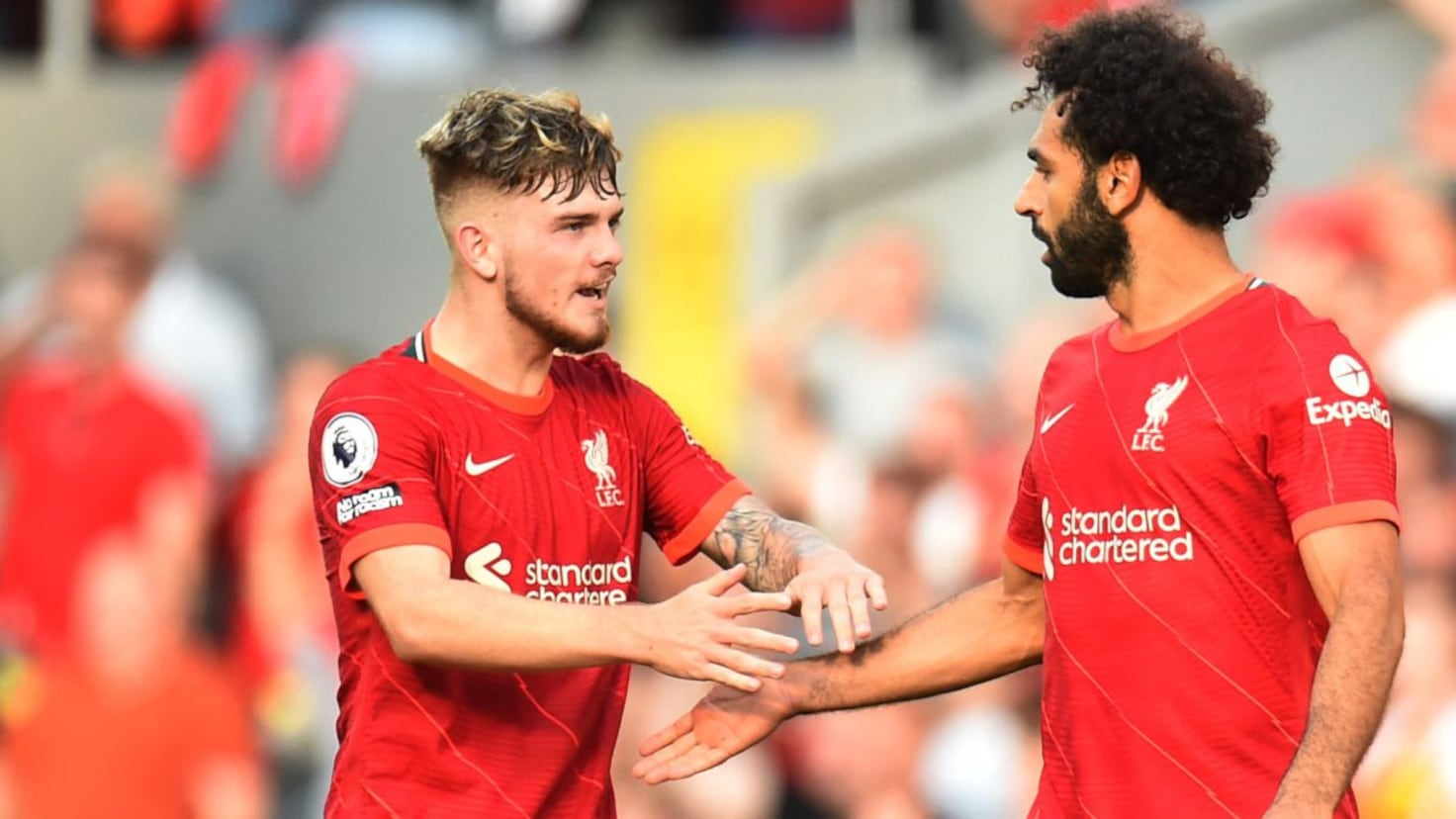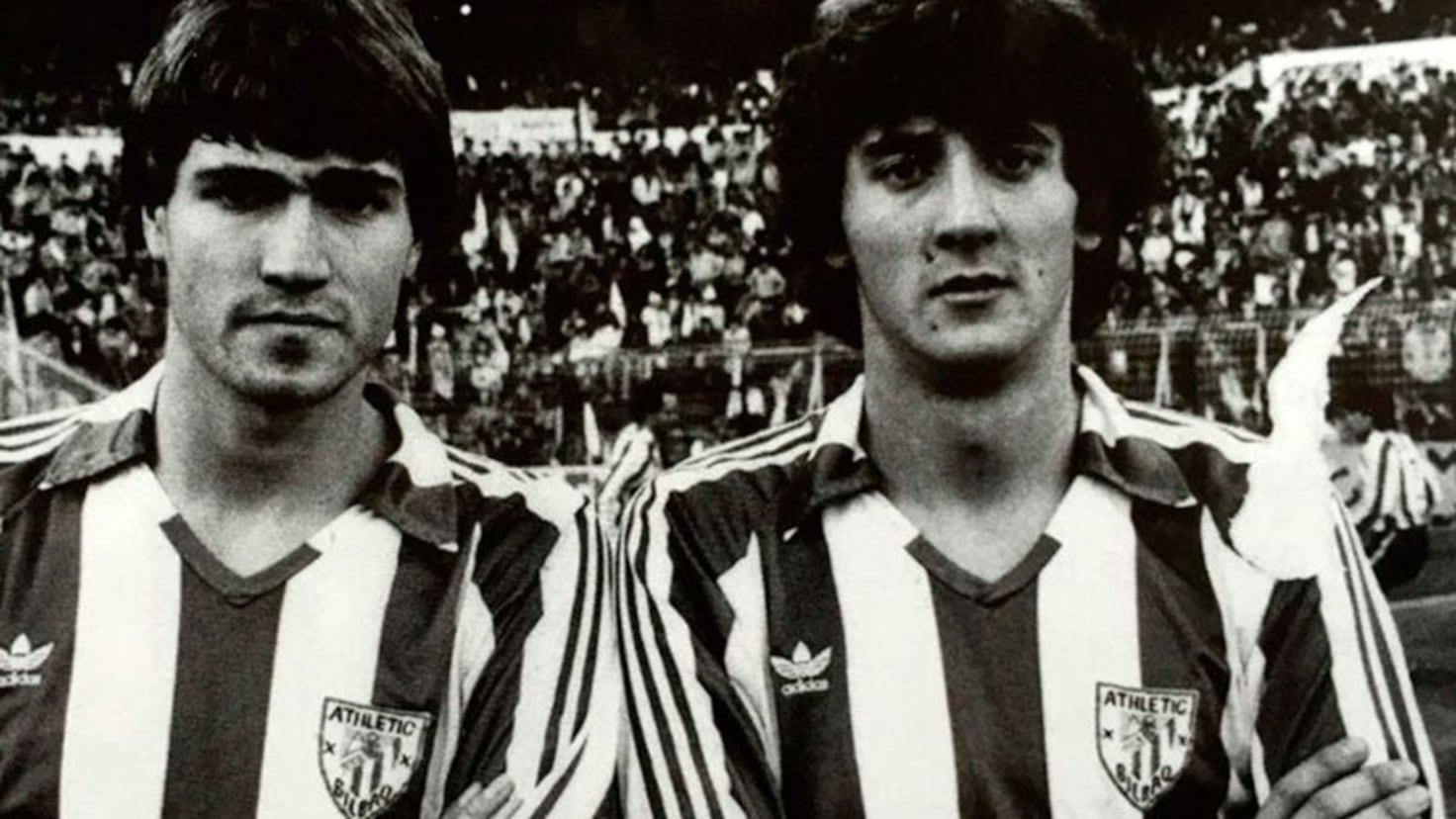The first European Cup was played in 55-56, with 16 participating nations. The number was growing rapidly and by the sixties there was only one notable absence: the USSR. Finally, the federation of that country decided to register its champion for 66-67, just the year in which the trophy was changed (the one that until then was in play, in the shape of a Roman amphora, was he gave ownership to Real Madrid, six-time winner) for the current one, the famous Orejona.
The USSR included 14 now independent countries around Russia, and feared that its representative would look bad because its season was going against the grain. The harsh winter forced the championship to be cut short during the round of 16 and quarterfinals of the European Cup. However, as his National Team won the first Euro Cup (1960), was a finalist in the second (1964, which Spain won with Marcelino’s goal) and fourth in the ’66 World Cup, they finally decided, in ’66. 67, to send its champion, the Moscow Torpedo. His coach was Nikolai Morozov, also the coach at the World Cup. That Torpedo had three very well-known players: goalkeeper Kavazashvili, who would succeed Yashin in the National Team, midfielder Voronin, a prodigy of technique, positioning and wisdom, and striker Stretslov, the Russian Pelأ©with a shocking past. On the eve of the ’58 World Cup, when he was 21 years old, a great general invited him and two other figures from the National Team to his dacha. There was an orgy in which a minor died. They blamed him and he was sent to the gulag for 12 years. He left at 6, very devastated, but a year later he was playing at a good level again. Now he was 29.
There was attention before the draw for the first round due to the curiosity that the Torpedo aroused. He had no luck: he lost to Inter of Helenio Herrera, Luis Suأ،rez, Mazzola, Facchetti and others, champion of the 63-64 and 64-65 editions, eliminated in the semi-finals of the 65-66 by Madrid and yأ©, then champion.
He kept all his figures in perfect shape and the authority and prestige of HH were impeccable. The premiere was on September 28, with 70,000 attendees at the San Siro and the eyes of all of Europe on the match, which was broadcast by Eurovision to several countries. Inter won it 1-0, hopefully, because Mazzola’s shot hit Voronin precisely and that upset Kavazashvili.
The return was on October 12. Luis Suأ،rez remembers it as an endless flight that made him evoke the do not travel with the National Team in 1960, when the Spain-USSR Euro Cup semi-final was suspended because the Regime did not want the Soviets to play in Spain for fear of pro-communist demonstrations. “It was a quiet trip, they treated us cordially. Things between Italy and the USSR were not like between Spain and the USSR, of courseâ€.
The referee was the Navarrese Zariquiegui, appointed by UEFA, who a few years before could not have been there. (In the European Cup 60-61, Madrid’s basketball team faced ASK Riga in the semifinals and the Regime opposed it. Saporta managed to have it played in Paris and Prague, compensating ASK with a thousand dollars. But in 1964 there had been produced the happy final of the European football championship: Spain 2, USSR 1, at the Bernabأ©u. And the final of the 1964-65 European Basketball Cup that faced Madrid and TsSKA Moscow in a double match could be played normally).
103,000 spectators filled the Lenin Stadium, today Luznikhi. The game was a continuous harassment of the Italian goal, like all those of Inter away from home, where they locked themselves in with shameless serenity. It ended 0-0. The Tass agency highlighted Zariquiegui.
That’s how fleeting the first and long-awaited appearance of the russians in the European Cup. They already stayed forever, trying to save the winter break with training in indoor facilities or with stays in warm areas, often on the coasts of Andalusia or the Canary Islands. Their presence was frequent in the Maspalomas Tournament, against other teams from cold Europe. Their winter home games were generally played in Georgia, seeking the mild climate of the Black Sea. That exhibition by García Remأ³n in Odessa was against Dynamo kyiv.
But after so many years no Soviet team has won the European Cup or Champions League. They haven’t even reached a final. They only have one UEFA (Shakhtar Donetsk) and one Cup Winners’ Cup (Dinamo Kiev).

